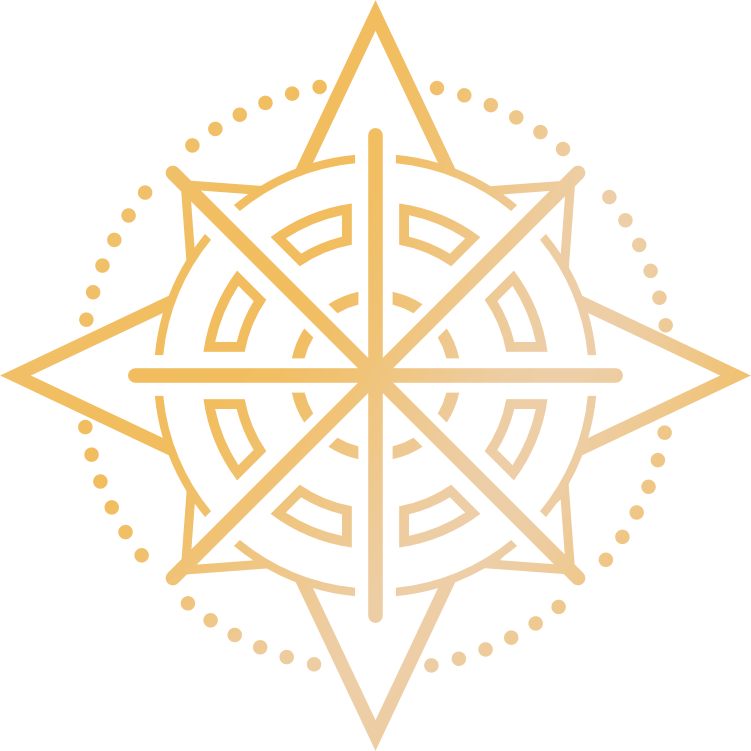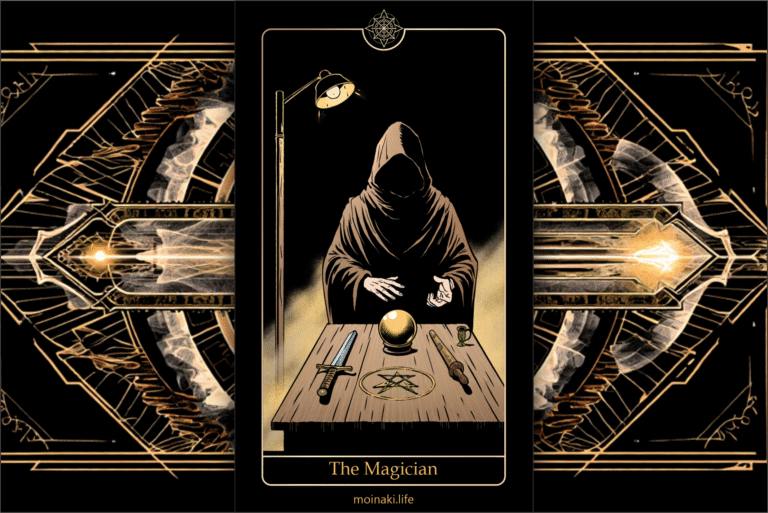Ace of Cups
The Ace of Cups is one of the most uplifting and emotionally resonant cards in the tarot deck. Whether you’re familiar with tarot or just beginning to explore it, this card is like an invitation to check in with your emotions and open up to new beginnings on a heart level. Let’s take a closer look at what the Ace of Cups means, how it can help you in moments of uncertainty, and practical ways to apply its message for self-development and emotional growth.
Understanding the Context: The Ace of Cups in Tarot
In the tarot, the suit of Cups is all about feelings, relationships, and the flow of our inner emotional life. The Ace of Cups stands at the very beginning of this journey. Traditionally, the image on this card shows a hand emerging from a cloud, holding a cup overflowing with water. This water symbolizes emotions, intuition, and the potential for connection. The single cup represents a new start, a fresh opportunity, or a moment when your heart is open and receptive.
“The Ace of Cups is a gentle nudge: what would it feel like to approach yourself and others with an open heart?”
Main Meanings: Upright and Reversed
Upright Ace of Cups
- New emotional beginnings: This could be a new relationship, a creative project, or simply a renewed sense of hope.
- Emotional openness: Willingness to feel deeply, to give and receive love, and to be honest with yourself.
- Compassion and empathy: The card calls for kindness, both towards yourself and others.
- Intuitive insight: A time when your intuition is strong—trust your inner voice.
When upright, the Ace of Cups often appears when you’re ready to open your heart to something new, or when healing is possible. It’s about giving yourself permission to feel, to forgive, and to let love in.
Reversed Ace of Cups
- Blocked emotions: Difficulty expressing or recognizing your feelings.
- Emotional overwhelm: Feeling “flooded” by emotions, or shutting down to avoid being hurt.
- Holding back: Withdrawing from connection or avoiding vulnerability, perhaps out of fear or past pain.
- Missed opportunities for connection: Not allowing yourself to receive or give love or support.
The reversed Ace of Cups doesn’t mean you’re doomed to loneliness. Instead, it’s a gentle signal that some emotional self-care may be needed, or that you might benefit from reflecting on what’s keeping your heart closed right now.
Psychological and Self-Development Perspective
From a psychological viewpoint, the Ace of Cups is about emotional awareness and the courage to face your feelings—pleasant or painful. In therapy, we often talk about the power of “naming” emotions as a first step towards integrating them. The Ace of Cups encourages you to check in: What am I really feeling right now? Where in my life am I ready to let something new in?
If the card appears when you’re at a crossroads, it may be a sign to explore your emotional needs and boundaries. Are you making space for joy and connection? Or have you built walls to protect yourself, but at the cost of missing out on meaningful experiences?
“Emotional growth often starts with self-acceptance: honoring your feelings, even the messy or complicated ones.”
In relationships, the Ace of Cups can be a reminder that vulnerability is not weakness. It’s a strength that can deepen intimacy and understanding, whether with others or with yourself.
Applying the Ace of Cups in Daily Life and Work
You don’t need to be a tarot expert to use the Ace of Cups as a tool for self-reflection. Here are some practical ways to bring its message into your daily routine:
- Check in with your emotions: Take a minute each morning to ask yourself, “How am I feeling today?” Try to name at least one feeling without judgment.
- Practice self-compassion: When you notice difficult emotions, offer yourself the same kindness you would give a friend.
- Open up to someone you trust: If you’ve been holding back, consider sharing a thought or feeling with a supportive person in your life.
- Creative expression: Channel your emotions into art, music, or writing. Sometimes creativity allows feelings to flow more freely.
- Mindfulness exercises: Try a short meditation focusing on your heart center. As you breathe, imagine your heart as an open cup, ready to receive and give love.
At Work
The Ace of Cups may also be relevant in a professional context. If you’re starting a new project or joining a new team, bring your authentic self to the table. Emotional intelligence—skills like empathy, active listening, and openness—are just as important as technical expertise.
If you’re feeling burnt out or disconnected at work, the card can be a signal to reconnect with what you care about, or to reach out for support if needed.
Concrete Steps and Exercises
Here are some exercises inspired by the Ace of Cups to encourage emotional growth and self-awareness:
- Journaling prompt: “When was the last time I truly allowed myself to feel joy, sadness, or love? What was different then?”
- Affirmation practice: Each morning, repeat: “I am open to giving and receiving love, starting with myself.”
- Water meditation: Spend a few minutes focused on the sensation of water (in a shower, bath, or simply washing your hands). Let it remind you of letting emotions flow naturally.
- Small acts of kindness: Do one thing today to show care for yourself or someone else, no matter how tiny.
If the card feels reversed for you right now, try to notice where you might be holding back. What would it look like to let just a little more feeling in, even if it’s uncomfortable?
In Summary
The Ace of Cups is a beautiful symbol of emotional renewal and the transformative power of being open to new feelings and connections. Whether it shows up upright or reversed, it’s always a call to listen to your heart and honor what you find there.
“Vulnerability can be scary. But it’s also the birthplace of joy, intimacy, and personal growth.”
Remember, tarot is not fortune-telling—it’s a mirror for reflection and growth. The Ace of Cups is your gentle reminder to keep your emotional cup open, even (and especially) when life feels uncertain.

